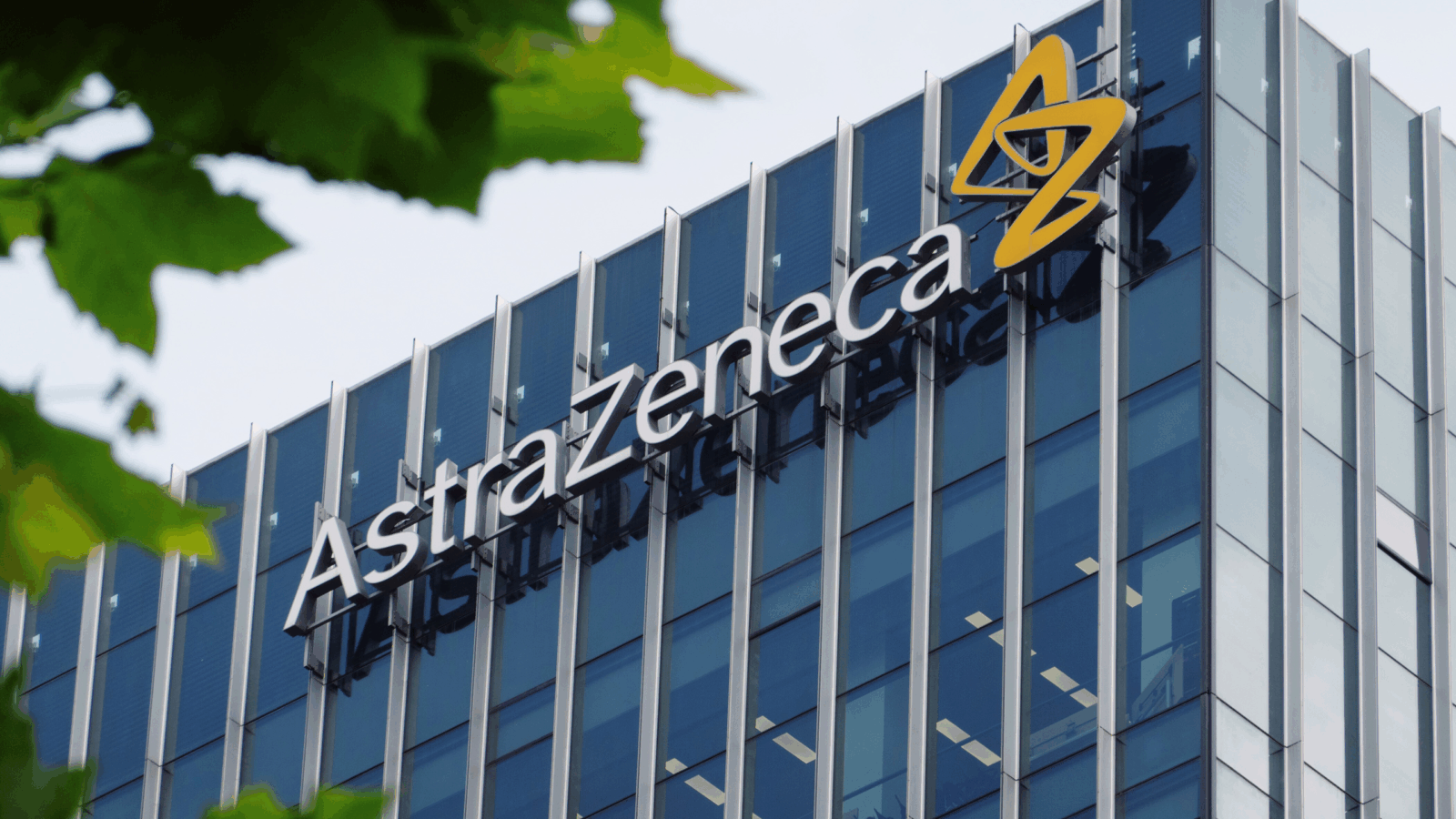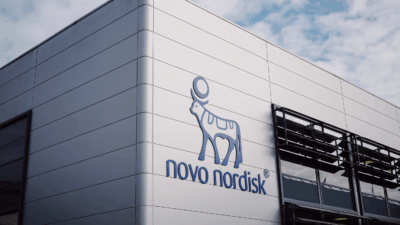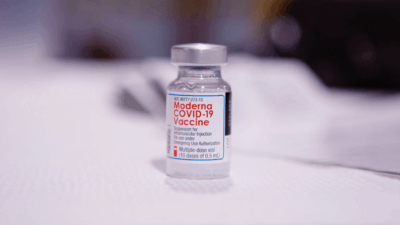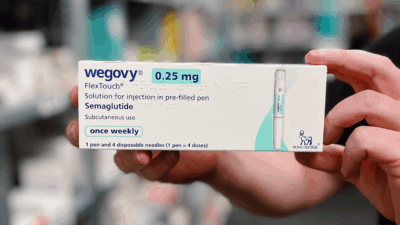
Sign up for smart news, insights, and analysis on the biggest financial stories of the day.
Before Monday, 18 years had passed since a drug to treat Alzheimer’s disease was approved by U.S. regulators.
In one of the most significant decisions in recent medical history, the U.S. Food and Drug Administration greenlit aducanumab, which manufacturer Biogen says can slow the progression of Alzheimer’s. But while the approval could offer hope to millions, some scientists insist the drug doesn’t work at all.
Not Your Everyday Plaque Remover
Despite billions in research, drugs to treat Alzheimer’s or slow its progression have persistently failed in testing. The FDA last approved a new drug in 2003, and existing treatments only temporarily suppress symptoms.
But evidence from clinical trials suggests aducanumab can go a step further and actually reduce the amount of amyloid plaque – a sticky substance associated with Alzheimer’s – in the brain. Doing so would slow the disease’s progress, offering hope to a great number of people:
- About six million Americans suffer from Alzheimer’s and more than 121,000 died of the disease in 2019. That represents a 54% higher death rate from a decade earlier, according to the U.S. Centers for Disease Control.
- About 1.4 million patients could be eligible to take aducanumab, which Biogen will brand as Aduhelm. And analysts polled by FactSet predict Biogen’s sales will ramp up significantly; from $62.7 million this year to $603.2 million in 2022 and $1.6 billion in 2023.
Miracle Or Myth? Two studies of aducanumab in 2019 produced dramatically different results. In the first, patients taking the drug saw cognitive decline slow 22% compared to patients on placebos. In the second, aducanumab failed to show any benefit. That prompted many experts to object to the drug’s approval, which the FDA has admitted was done in spite of uncertainty surrounding its merit.
Won’t Come Cheap: Whether aducanumab is effective or not, Cigna estimates patients with Medicare insurance could be on the hook for more than $10,000 a year for the drug and related testing.











